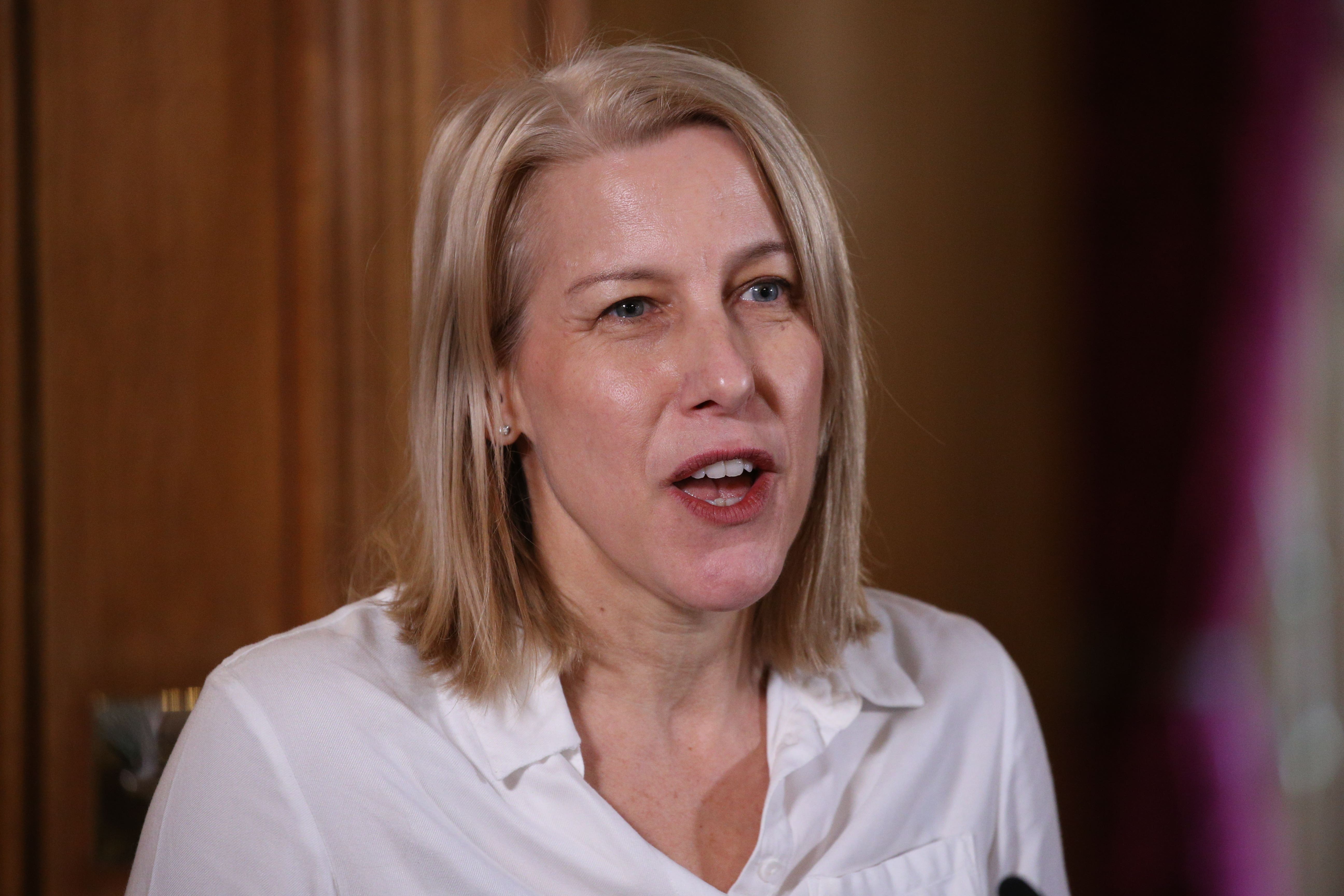Businesses ignore sustainability investment ‘at their peril’ – retail body head
Helen Dickinson said retailers and businesses must not deprioritise long-term investment due to short-term pressures.

Your support helps us to tell the story
From reproductive rights to climate change to Big Tech, The Independent is on the ground when the story is developing. Whether it's investigating the financials of Elon Musk's pro-Trump PAC or producing our latest documentary, 'The A Word', which shines a light on the American women fighting for reproductive rights, we know how important it is to parse out the facts from the messaging.
At such a critical moment in US history, we need reporters on the ground. Your donation allows us to keep sending journalists to speak to both sides of the story.
The Independent is trusted by Americans across the entire political spectrum. And unlike many other quality news outlets, we choose not to lock Americans out of our reporting and analysis with paywalls. We believe quality journalism should be available to everyone, paid for by those who can afford it.
Your support makes all the difference.Businesses that ignore sustainability investment despite rising costs do so at their peril, the head of the UK’s biggest retail trade association has said.
Helen Dickinson, chief executive officer of the British Retail Consortium (BRC), said retailers and businesses must not deprioritise long-term investment due to short-term pressures.
It comes as many businesses and consumers continue to feel squeezed by the cost-of-living crisis and inflation following the pandemic and the Russian invasion of Ukraine.
Speaking at the Net Zero Delivery Summit in London on Wednesday, Ms Dickinson said many businesses and consumers are making choices in response to rising costs that are sustainable.
A lot of people say they want to act more sustainably, more responsibly, but that doesn't necessarily translate into their purchasing decisions
This includes reducing energy usage and fuelling the circular economy buying second-hand or using repair services.
But she added there is a risk that businesses will sacrifice sustainability investments due to rising costs, adding that they should “be wary” of doing so.
The BRC boss warned that those who do not build those foundations now are “not going to be here” in 10 or 20 years.
“One of the biggest shifts, and we are still not there at all, is the move from seeing sustainability as a business imperative as opposed to a ‘nice-to-do’,” she told the PA news agency.
“It effectively means from a longer-term point of view, you’re building resilience into your business model.
“So ignore it at your peril, because the risk to the future of the business is bigger than the short-term impact of what is happening right now.”
Ms Dickinson admitted that it is “easy for me to sit here and say” but not so easy for businesses that are “right on the coalface in a very competitive retail market fighting for market share and for sales just to try and survive”.
However, she added: “Unless that focus stays and businesses collectively don’t pull back from it, then we won’t get that collaboration or innovation that’s needed to drive the change that makes everybody’s business more sustainable.
“So the stakes are quite high.”
Ms Dickinson was asked about issues around consumer demand for sustainable products after Marks and Spencer announced it is pulling refill stations from some refurbished stores due to lack of popularity.
She said: “We’ve still got a big gap between what people say they want and what they actually do.
“A lot of people say they want to act more sustainably, more responsibly, but that doesn’t necessarily translate into their purchasing decisions.
“In terms of purchasing decisions, affordability is still twice as high as sustainability.”
But she added that businesses can find ways to inform and incentivise consumers to shift behaviour through loyalty schemes, price and transparency about what is in a product.
The BRC boss also welcomed plans from the Competition and Markets Authority to loosen competition rules around businesses collaborating over environmental sustainability.